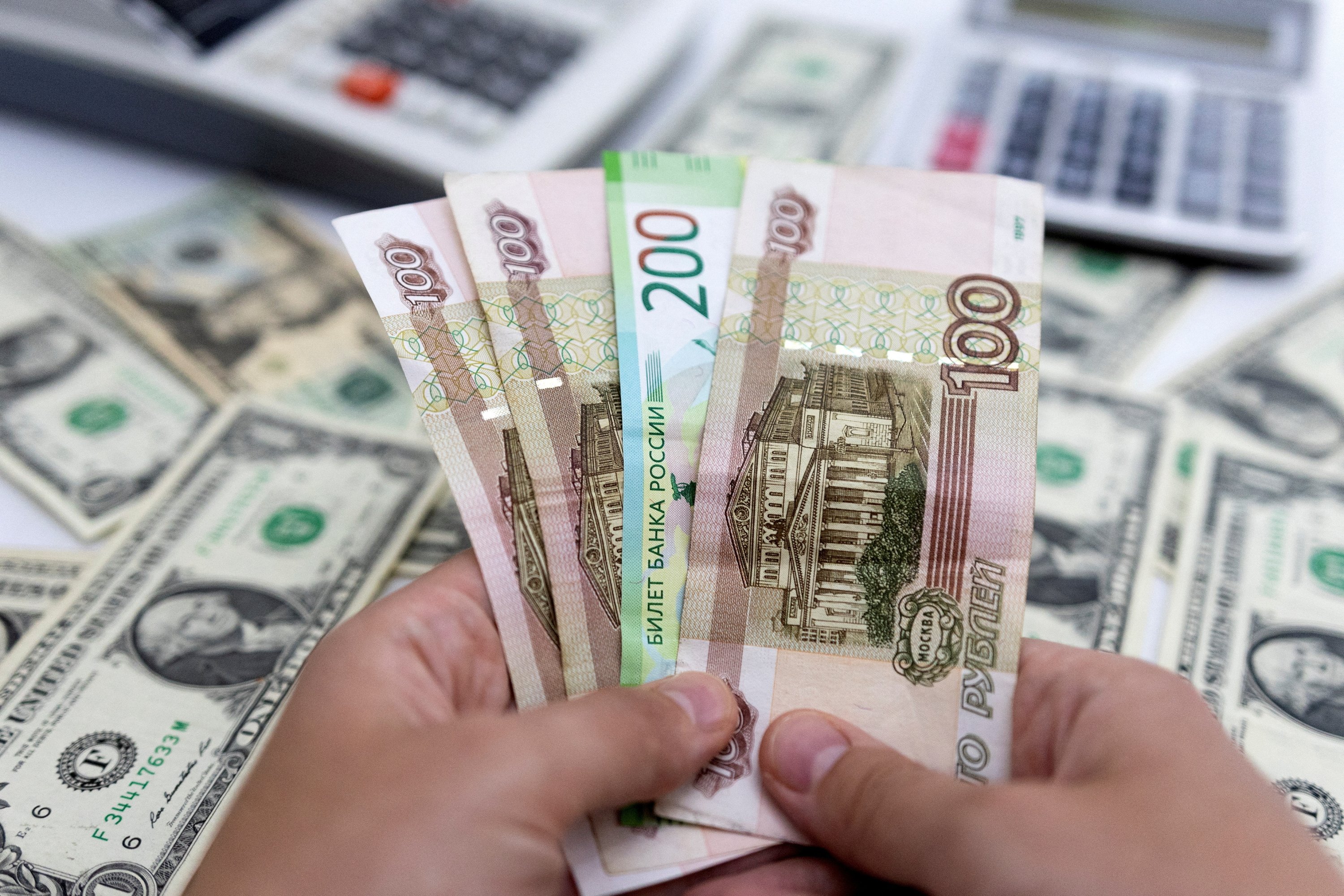The period of transition from socialism to capitalism in the Russian Federation has appeared to present limitless opportunities for intern...
The period of transition from socialism to capitalism in the Russian Federation has appeared to present limitless opportunities for international moneylaundering. Financial markets are being liberalized and the economy is becoming privatized and deregulated in the absence of corresponding legal frameworks and institutional capacities to oversee developments. As a result, the country offers an easy entry point (“placement”) for illicit cash into the financial system from where it can easily move within the international financial system.1 In the last few years, the media and both national and international official sources have increasingly reported about the Russian Federationrelated money-laundering as a threat to international financial security. Indeed, the alleged amounts laundered (10 billion United States dollars ($) in the Bank of New York case alone)2
and the type of institutions involved illustrate the vulnerability of the international financial system and the power of criminals to manipulate and infiltrate it. No accurate figures exist to indicate the overall level of money-laundering in the Russian Federation because it involves activities which are hard to observe or detect. However, the amount of capital flight from the Russian Federation which is likely to be related to money-laundering is estimated at $133 billion during the period 1992-1997.3 This estimate is a symptom of significant underlying factors. Two inherent features of contemporary capitalism in the Russian Federation— crime and the “shadow” economy—
could be linked to the bulk of illicit proceeds which require laundering for safekeeping or further investment. It is usually agreed that opportunities for international money-laundering—for international illicit wealth to be laundered through the Russian Federation—exist in the country. They were particularly abundant during the early phases of privatization in the Russian Federation, when State properties were sold for bearer securities. However, there are few reports of this inflow of criminal proceeds.4 This might be partly explained by the criminal (hence, welldisguised) nature of these operations or their relatively low significance in today’s Russian Federation. Reports are numerous, however, of the profits of crime, particularly of economic crime in the Russian Federation which possibly need laundering. The Russian Federation law enforcement agencies estimated that by the end of 1998, organized crime controlled about half of commercial banks, 60 per cent of public and 40 per cent of private businesses.5
The Russian Federation represents a golden opportunity for those seeking to acquire huge assets rapidly by criminal actions while remaining undetected or under arrangements the criminality of which is hard or even impossible to prove. Therefore, the Russian Federation is likely to be a centre of moneylaundering operations not only because of the easy placement opportunity it affords, but also because of the availability of illicit proceeds generated in the country that require laundering. This paper examines aspects of the economic reforms and development trends in the Russian Federation that can reasonably be said to have fostered money-laundering. Problems and difficulties associated with the far-reaching reforms of the transition period make the country vulnerable to money-laundering. These changes include fast-moving privatization, banking and finance sector reforms, as well as political and administrative transformations. The efforts to counter it through various means (legislation, regulation, investigation, prosecution and others) are themselves subject to and closely interconnected with the overall process of political and economic transformation. As such, they need to be undertaken in conjunction with the broader measures designed to streamline economic reforms and develop functioning markets, create an appropriate legal framework, improve public institutions and promote good governance.

No comments